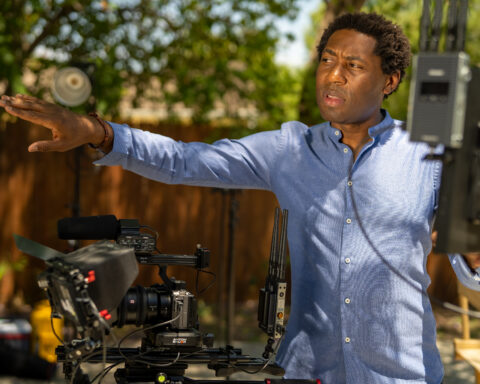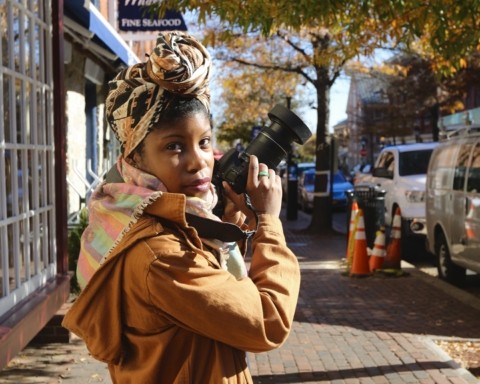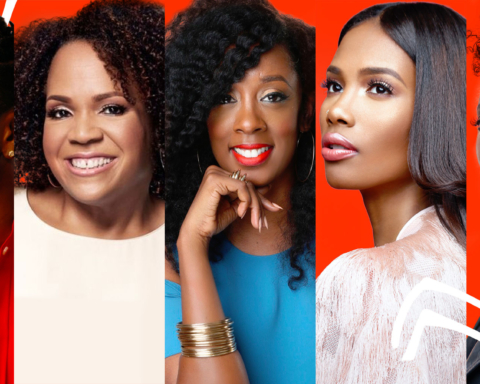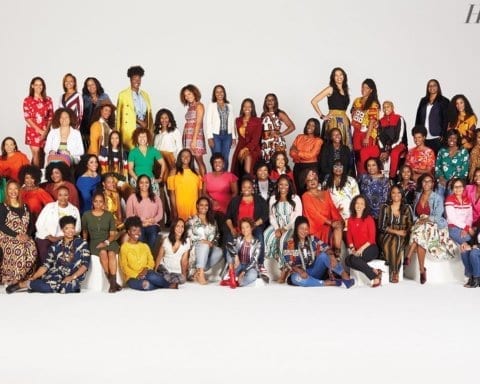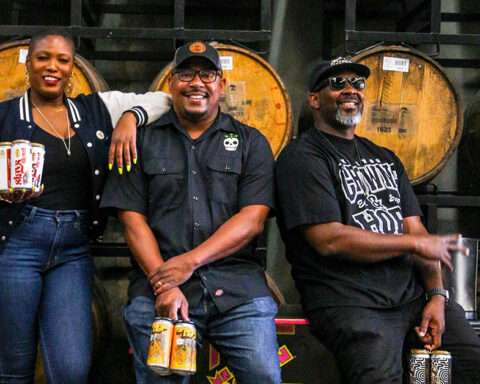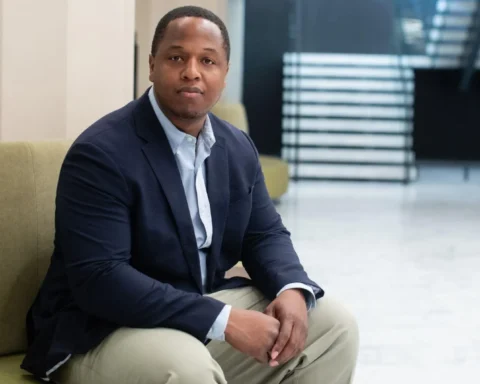Even in 2018, it can be a struggle to find diverse and positive depictions of Black folk on TV or the big screen. Thankfully, kweliTV is working to resolve that issue. We spoke with CEO, Deshuna Shencer. This is what she had to say:
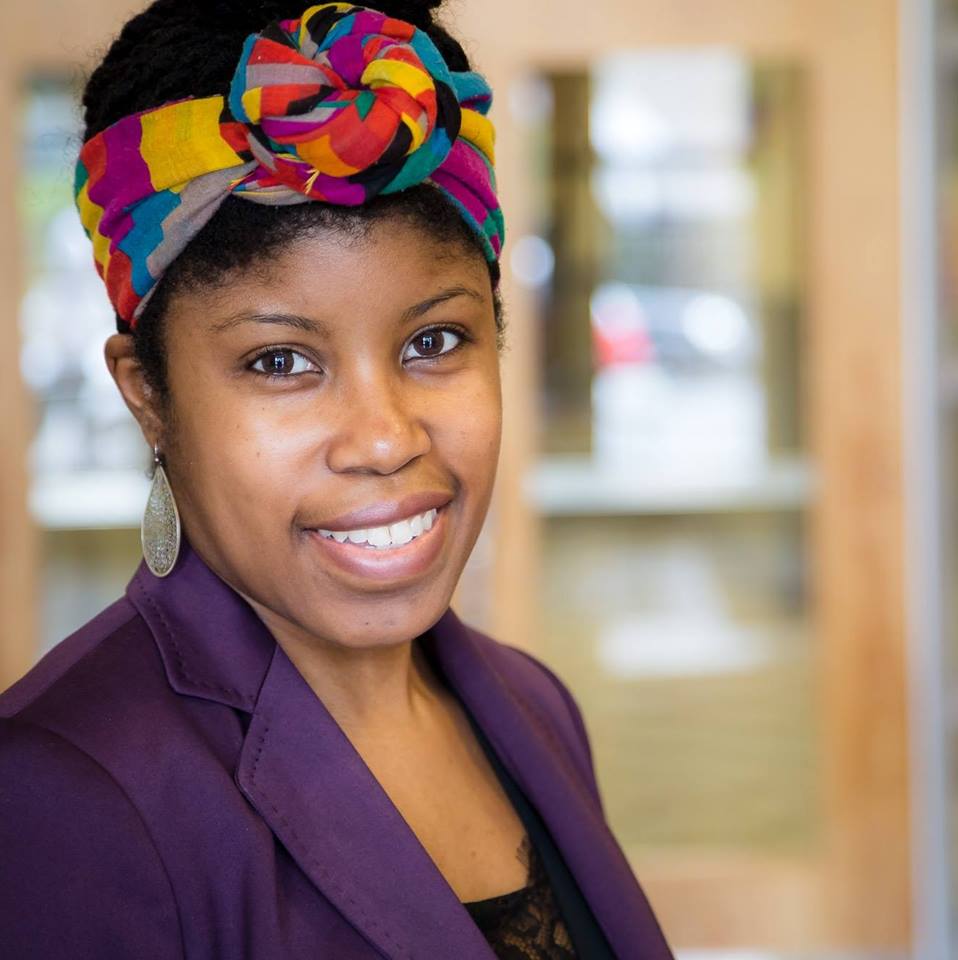
SB: What inspired you to start kweliTV?
DS: The inspiration to launch kweliTV was based off of not seeing enough films and shows on TV and on streaming services that reflected my experience as a black woman.
When my husband and I cut cable, we ended up getting a subscription to a mainstream streaming service. I was shocked and disappointed that the award-winning black films that I read about on blogs were missing from this service.
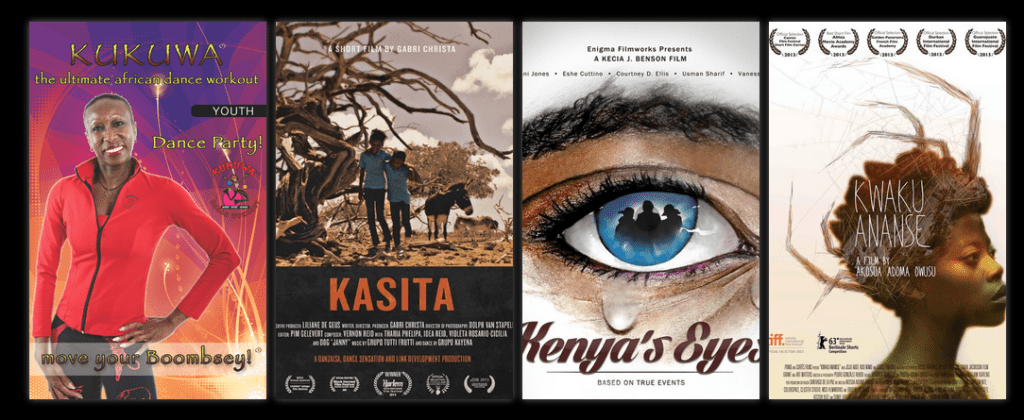
If I wanted to watch an indie black film I had to travel to a film festival probably hundreds of miles away to see it.
With my background in journalism, I began doing research online about the film industry and how black filmmakers have difficulties getting their films distributed even after having a successful film festival run.
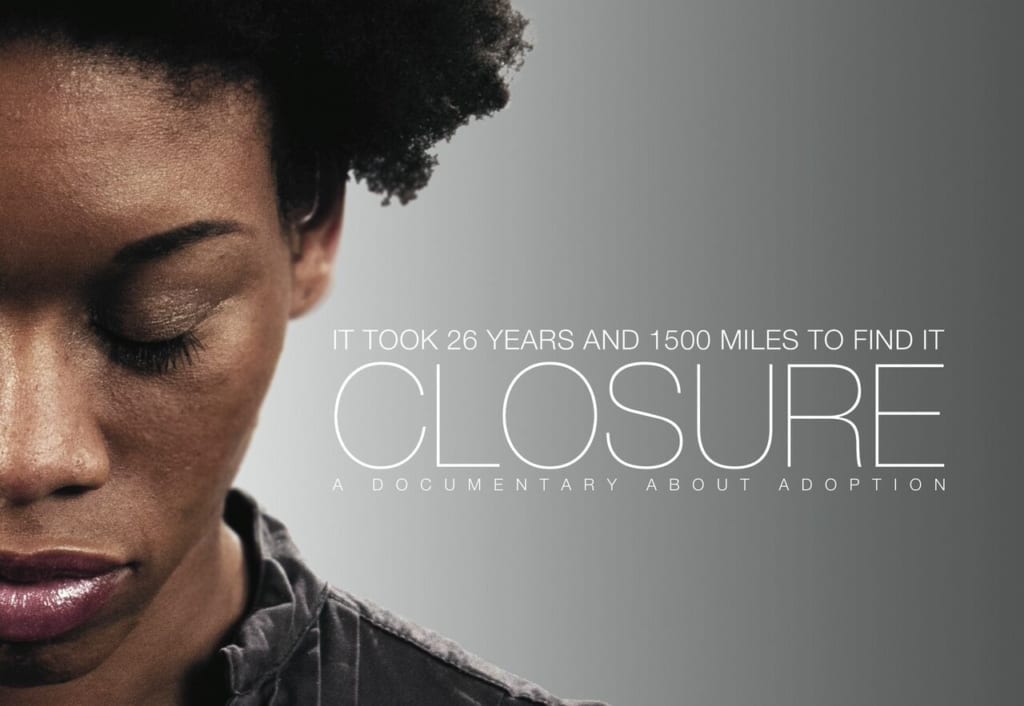
That’s when the light bulb went off in my head to launch a streaming service for indie black films. I was extremely nervous about starting this company.
Besides directing and producing a documentary a few years back, I had no other experience in the film industry.

I was a journalist with a background in running online magazines and a communications department. But at the same time, I had been frustrated with how mainstream media told black stories for years.
I know longer wanted to just complain about it. I wanted to do something to make change.
Another inspiration of mine was to create a space that could unite the global black community.
We rarely get an authentic glimpse at the lives of those who look like us in countries such as Brazil, Kenya, Portugal, France, Ghana, etc. I was curious about those stories and I’m excited that we’re able to tell them.

SB: How do you select what content to use?
DS: Films have to have been an official selection at a film festival. The main character must be of African descent—no sidekick stories.
Then, we watch the film to make sure it is not monolithic and that it depicts an authentic voice for the global black community. While it’s not a “make or break” criteria, we want our films to have meaning and tell messages within their stories.
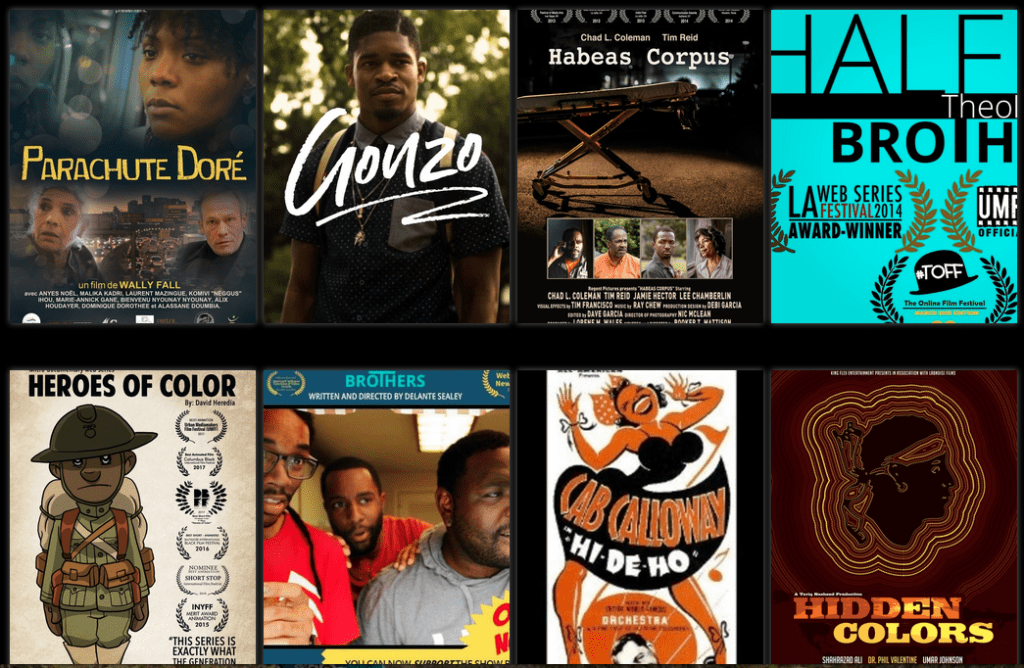
For instance, one of our films, OJUJU, is a zombie apocalypse film based in Nigeria that won numerous awards.
While at its core OJUJU is a horror film, at the beginning it tells a very brief story about the inadequate water supply in this part of the country—a real issue that affect thousands of people.
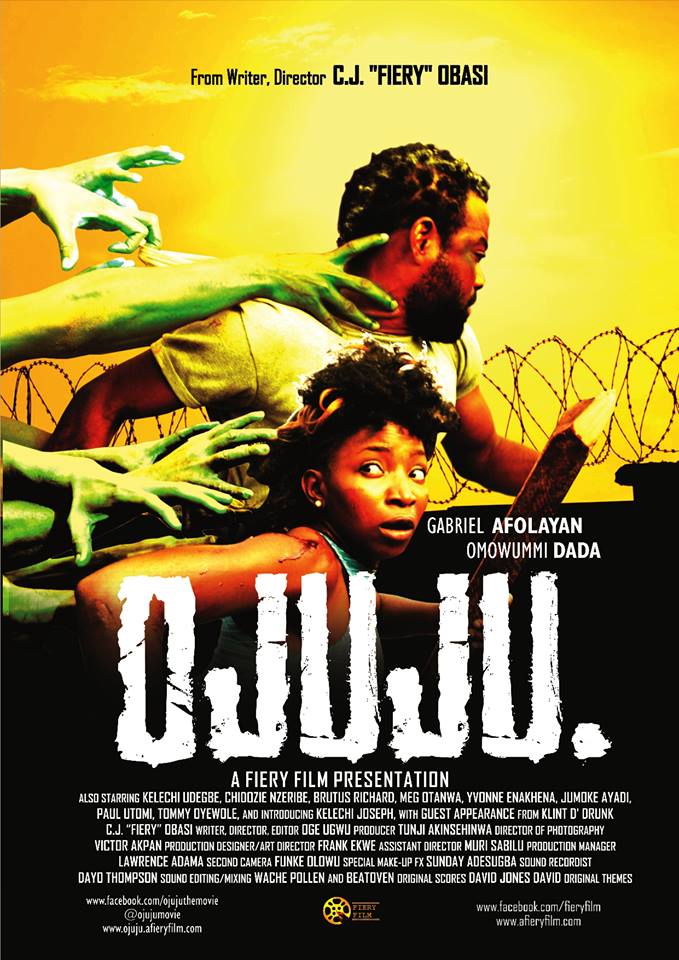
In the film, someone drinks from contaminated water. They become sick, die and then turn into a zombie. Of course no one will turn into a zombie in real life after drinking dirty water.
But even with the films main theme—horror—it still touches on a social element that is a reality for millions of people around the world.
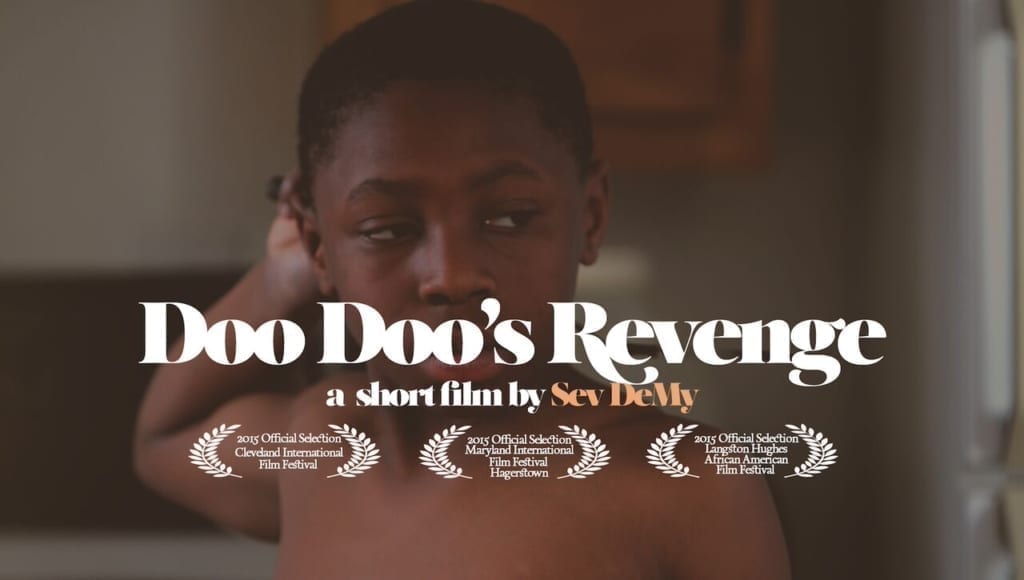
SB: What is the most inspiring and and challenging part of the business?
DS: In business and in life, there are ups and downs. When I first launched kweliTV’s beta back in 2015, we got so much buzz. People were subscribing, but because the developer who built it didn’t complete the job, the site had a lot of issues.

We planned to move out of beta by January 2016, we didn’t officially launch until about 19 months later in the Fall 2017. I can write a book about that journey alone.
We lost a lot of customers because of it. I thought about giving up so many times.
But the inspiration to keep going came from the hundred plus filmmakers whose content was on the platform, believed in the vision and stuck with me even during the most challenging times.

My inspiration also came from the extremely patient customers who would email us saying that they believed in what we were doing. I am in constant contact with customers to see what they like and how we can improve.
I know all of my filmmakers personally and I send them regular updates on what’s happening with the platform. My customers and filmmakers inspire me the most. I do this for them.
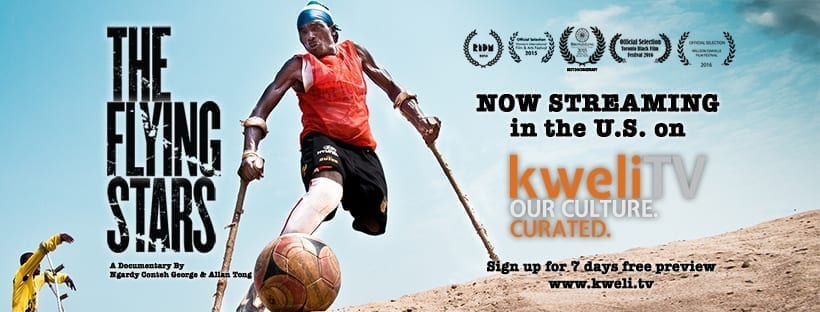
SB: How would you describe (non monetary) success for kweliTV?
DS: Success for me is very simple. I want kweliTV to be the go-to space for our community—in the US and abroad—to come together to celebrate and support our diverse stories and storytellers from around the world.
SB: Where do you see the business in 5 years?
DS: In five years, we hope to be a global presence in which we’re creating original programming produced by, written by, directed by and starring people from the African diaspora.
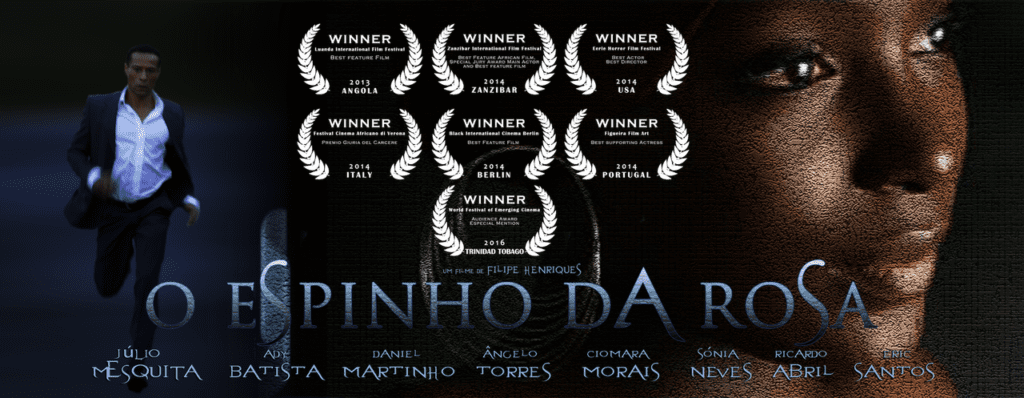
SB: What advice do you have for aspiring entrepreneurs?
DS: Trust your gut and be open to change. Don’t let a bad day/week/month cause you to give up on what you believe is your calling—a better day is around the corner.
Try to be scrappy and use the resources (no matter how few the are) to launch your business.

If you’re waiting for a loan or an investor’s check to validate or move on your idea, it may not ever happen.
As Diddy said once, “The calvary ain’t coming.” Get use to the rollercoaster ride of entrepreneurship. Strap in tight, the ride is bumpy but worth it if you’re willing to work hard for it.
Tony Oluwatoyin Lawson
IG: @thebusyafrican


